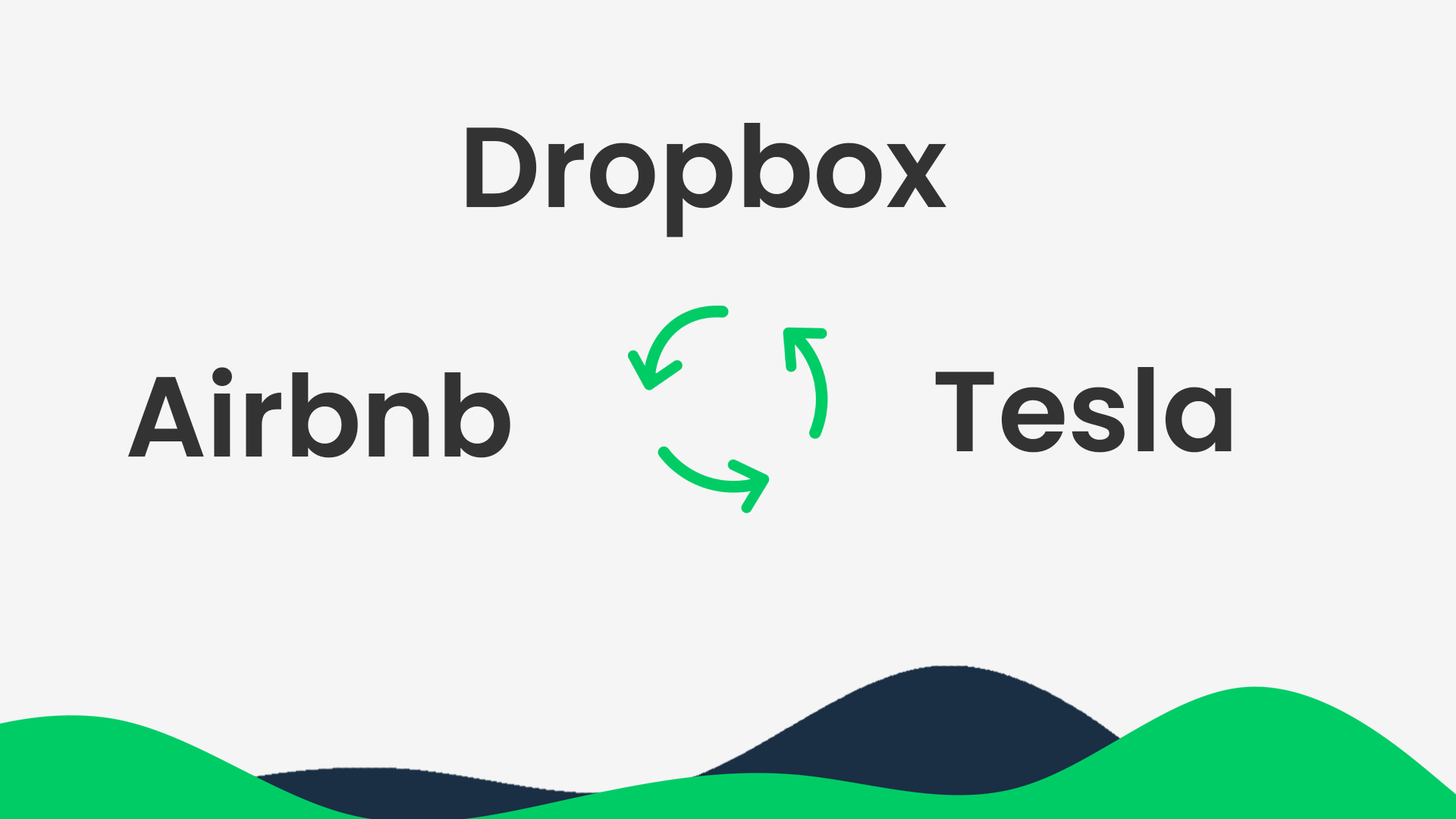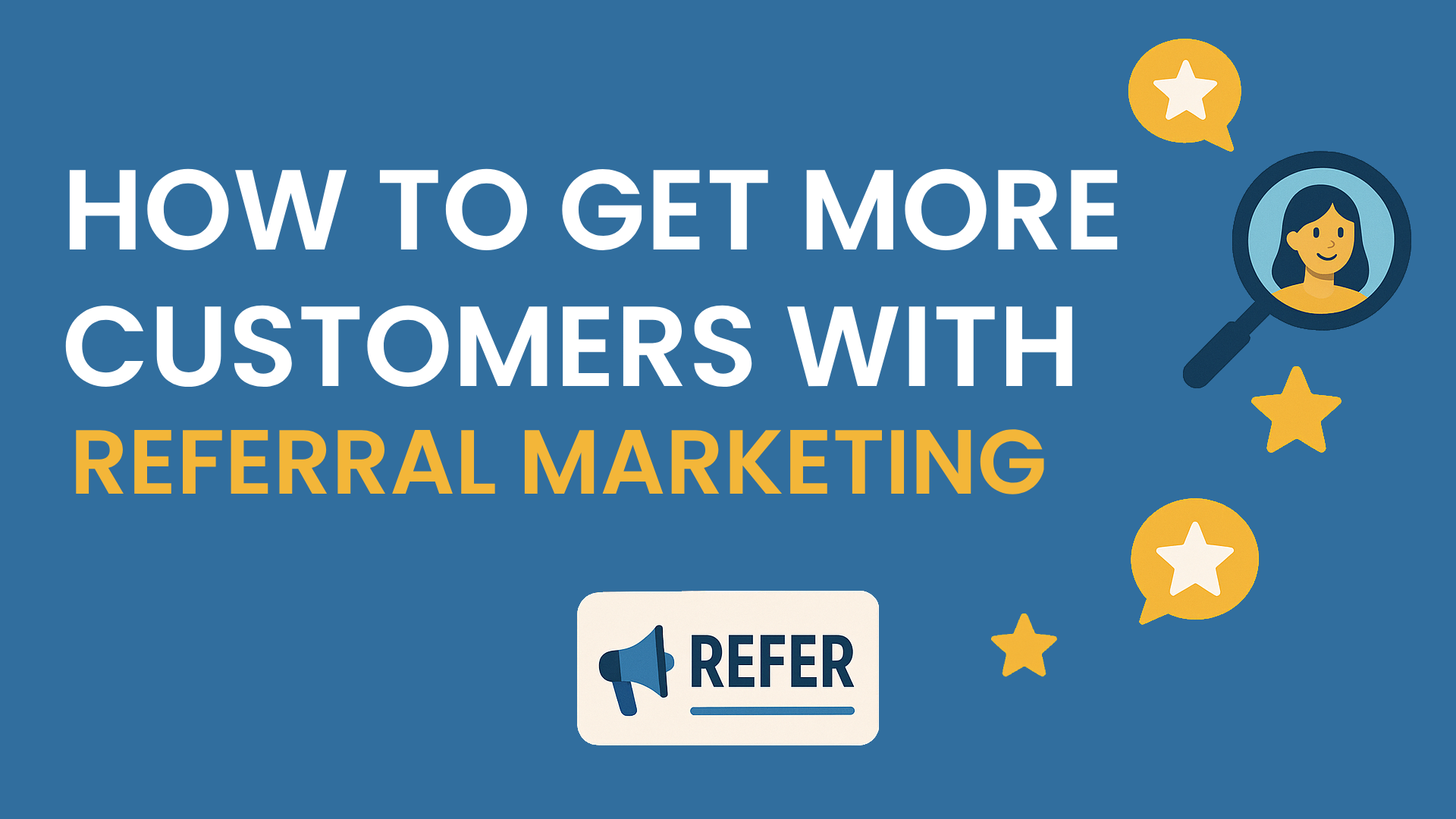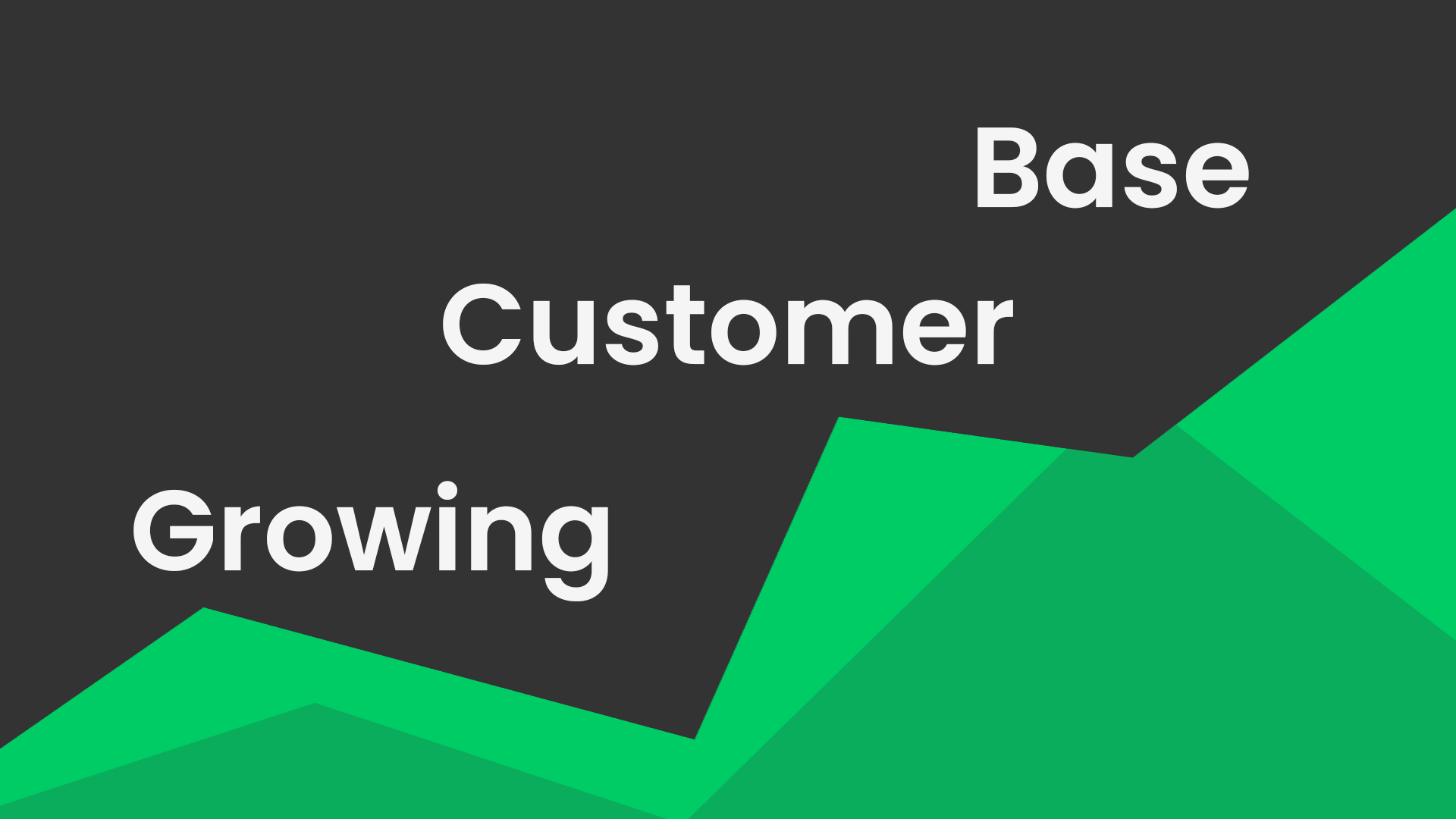In today's highly competitive market, where consumers are inundated with marketing messages, businesses are constantly seeking innovative strategies to stand out.
One proven method that has stood the test of time is the implementation of referral programs. By harnessing the power of word-of-mouth marketing, companies can tap into their existing customer base to drive exponential growth, enhance customer acquisition, and foster brand loyalty.
This article delves into some of the most successful referral programs-those of Dropbox, Airbnb, and Tesla-and explores the key lessons that can be learned from their strategies.
Whether you're a small startup or an established brand, these insights can help you design a referral program that drives results.
Dropbox: Simplicity Meets Virality
Dropbox's referral program is often hailed as one of the most effective examples of viral marketing in the digital age. Launched in 2008, the program was designed to leverage the power of user referrals by offering additional storage space as a reward.
The simplicity of this reward-something both relevant and valuable to users-contributed significantly to Dropbox's rapid growth, helping the company scale from 100,000 to 4 million users in just 15 months.
Key Takeaways:
- Simplicity is Key: Dropbox's incentive of offering extra storage space was simple yet highly desirable, especially for users who were already invested in the platform. This simplicity made the reward immediately attractive and easy to understand, reducing friction in the decision-making process.
- Ease of Participation: The referral process was designed to be effortless. Users could invite friends directly from their email contacts or via social media, ensuring that there were minimal barriers to participation. This ease of use played a crucial role in the program's widespread adoption.
- Built for Virality: The referral process was designed to be effortless. Users could invite friends directly from their email contacts or via social media, ensuring that there were minimal barriers to participation. This ease of use played a crucial role in the program's widespread adoption.
Lessons Learned
The success of Dropbox's referral program underscores the importance of simplicity in both the rewards offered and the referral process itself. When users find immediate value in the rewards and can easily share them with others, the program's reach can grow rapidly.
Simplicity, combined with a value proposition that resonates with users, can turn customers into brand advocates who actively promote your service.
Airbnb: Generosity and Personalization
Airbnb's referral program is another prime example of a strategy that leverages both generosity and personalization to drive results. The program offered travel credits to both the referrer and the referee, creating a win-win situation for everyone involved. This approach not only helped Airbnb grow its user base but also fostered a strong sense of loyalty among its existing customers.
Key Takeaways:
- Generous Incentives: Airbnb understood that significant rewards could motivate users to refer others. The travel credits offered were substantial enough to catch the attention of users who might otherwise overlook such programs. By offering something as valuable as travel credits, Airbnb made the referral program enticing and worth participating in.
- Personalized Outreach: Airbnb personalized its referral messages, tailoring them to resonate with both the referrer and the referee. This personalization increased the likelihood of conversion, as recipients were more likely to engage with a message that felt relevant and thoughtful. The use of personalized content ensured that the referral program felt more like a recommendation from a friend rather than a generic marketing pitch.
- Dual Benefits: By rewarding both parties, Airbnb ensured that the program appealed to a broader audience. The mutual benefit created a sense of fairness and increased the likelihood of participation. This approach not only incentivized the referrer but also made the referee feel valued, enhancing the overall user experience.
Lessons Learned
Generosity and personalization can significantly enhance the effectiveness of a referral program. By offering meaningful rewards and tailoring messages to the individual, businesses can increase the chances of referrals leading to conversions.
The key is to understand what motivates your customers and to create a referral program that aligns with those motivations, making participation a natural and rewarding choice.
Tesla: Exclusivity and Excitement
Tesla's referral program is renowned for its use of unique and exciting rewards. Unlike typical referral programs, Tesla's approach offered participants the chance to win high-value prizes, such as invitations to exclusive events or even a new Tesla vehicle.
This strategy not only drove participation but also fostered a deep sense of loyalty among Tesla's customer base, turning ordinary customers into passionate brand ambassadors.
Key Takeaways:
- Exclusive Incentives: Tesla's referral program capitalized on the allure of exclusivity. Offering unique rewards that couldn't be easily obtained elsewhere, such as early access to new products or invitations to private events, created a sense of excitement and urgency among customers. These exclusive offers made customers feel like they were part of an elite group, enhancing their connection to the brand.
- Strengthening Brand Loyalty: Tesla's referral program capitalized on the allure of exclusivity. Offering unique rewards that couldn't be easily obtained elsewhere, such as early access to new products or invitations to private events, created a sense of excitement and urgency among customers. These exclusive offers made customers feel like they were part of an elite group, enhancing their connection to the brand.
- Social Sharing: Tesla encouraged customers to share their referral links on social media, amplifying the program's reach. The combination of exclusive rewards and social sharing created a buzz that extended beyond Tesla's immediate customer base, attracting new customers who were drawn to the brand's unique offerings.
Lessons Learned
Offering exclusive, high-value incentives can significantly enhance the appeal of a referral program. When customers feel that they are part of something special, they are more likely to engage and promote the brand to others.
Tesla's approach shows that by aligning rewards with the desires and aspirations of your target audience, you can create a referral program that not only drives customer acquisition but also deepens brand loyalty.
How to Apply These Lessons to Your Referral Program
Choose the Right Incentives
One of the most critical aspects of any referral program is selecting the right incentives. Consider what will resonate most with your target audience. Simpler incentives like discounts or product upgrades, as demonstrated by Dropbox, can be highly effective.
However, depending on your brand and customer base, more unique and exciting rewards, such as those offered by Tesla, may be appropriate.
Simplify the Referral Process
A seamless and straightforward referral process is essential for maximizing participation. As seen with Dropbox and Airbnb, a process that is easy to navigate encourages more users to take part.
Ensure that your referral mechanism is user-friendly, with clear instructions and minimal steps required. The more intuitive the process, the more likely customers are to participate and refer others.
Personalize and Promote
Personalization can make a significant difference in the effectiveness of your referral program. Tailor your messaging to reflect the interests and preferences of your users, as Airbnb did.
Additionally, promote your referral program across various channels, including email, social media, and your website, to keep it top-of-mind for your customers. Consistent promotion ensures that the referral program remains visible and accessible, increasing the likelihood of participation.
How ReferralPin Can Help
Managing a successful referral program can be challenging, but with the right tools, it becomes much easier. ReferralPin offers a comprehensive platform that simplifies every aspect of referral program management.
With features like automated email notifications, detailed analytics, and customizable referral rewards, ReferralPin allows you to apply best practices from top referral programs to your business.
- Automated Tracking: ReferralPin's automated system ensures accurate tracking of referrals, eliminating the need for manual intervention.
- Customizable Rewards: Tailor your incentives to match your audience's preferences, increasing the likelihood of participation.
- Insightful Analytics: Gain actionable insights into your program's performance, allowing for continuous optimization and improvement.
By leveraging Referralpin, you can implement the strategies that made programs like those of Dropbox, Airbnb, and Tesla so successful, driving growth and enhancing customer loyalty.
The referral programs of Dropbox, Airbnb, and Tesla offer valuable lessons in how to design and execute a successful referral strategy. From simple and viral incentives to personalized and generous rewards, these programs demonstrate the power of leveraging your existing customer base to fuel growth.
By applying these insights and utilizing tools like Referralpin, you can create a referral program that not only drives customer acquisition but also builds lasting relationships with your audience.
Embrace the potential of referral marketing, and watch your business thrive in an increasingly competitive marketplace.



